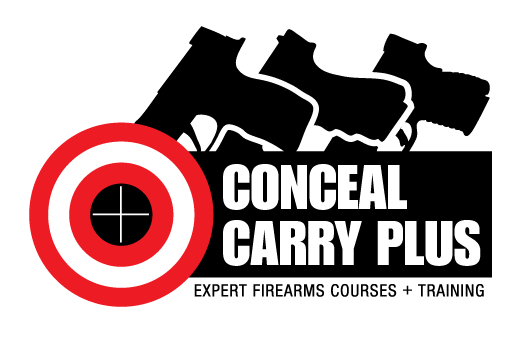
New to firearms?
A. The FOID card was created in 1968, by the FOID Act, as a way to identify those persons eligible to possess and acquire firearms and firearm ammunition as part of a public safety initiative in the State of Illinois. The FOID card is NOT a “conceal and carry” card.
A. Unless specifically exempted by statute, any Illinois resident who acquires or possesses firearm or firearm ammunition within the State must have in their possession a valid Firearm Owner’s Identification (FOID) card issued in his or her name. Nonresidents are not required to have a FOID card. New Illinois residents have sixty calendar days after obtaining an Illinois driver’s license or Illinois Identification Card to obtain a FOID card.
A. Yes you will need to possess a current FOID card for our Conceal Carry Course and other Advanced Courses.
A. You can fill in and print out a copy of the application online on the Illinois State Police Website, and mail it along with a check or money order for fees and a passport photo to their offices.
Illinois Conceal Carry Permit?
A. Yes! The CCW Class is open to all experience levels — even beginners. As a beginner you will benefit greatly from the information we provide. You will have the opportunity to handle multiple types of firearms types and styles. Many beginners appreciate the ability to discover which firearm fits them PRIOR to going to a gun store and making an expensive purchase.
For Illinois Residents it is $150 for a Conceal Carry Permit. $300 for non-residents. Other “fees” and costs are ancillary, and not addressed by the law. Examples of such fees are training expenses, range time, and fingerprinting. For replacement of a Conceal Carry Permit, or address change, the cost $75.
A. Yes, the requirement consists of the following: An applicant for a new license shall provide proof of certification by a certified instructor that the applicant passed a live fire exercise with a concealable firearm consisting of:
(1) a minimum of 30 rounds; and
(2) 10 rounds from a distance of 5 yards; 10 rounds from a distance of 7 yards; and 10 rounds from a distance of 10 yards at a B-27 silhouette target
70% is passing
A. The approval status is supposed to be given within 90 days from the receipt of the application. There is an appeal process that can be followed in the event that the 90 days are exceeded, or a denial is given.
You ARE NOT authorized to carry concealed at anytime prior to receiving the actual State-issued permit.
A. No, it is a “shall issue” law. There is an exception/denial process, however, which involves review by an appointed board.
A. Most applicants will not have their applications sent to the review board. The review board only comes into play if:
· A law enforcement agency objects to your application
· You have been arrested more than 5 times in the previous 7 years for any reason
· You have been arrested more than 3 times in the previous 7 years for gang related offences
Under the law, there are several forms of preemption:
a ) The carrying of firearms under this act is an exclusive function of the state and municipalities cannot regulate the carrying of handguns for self defense. # word under review
b ) The law also preempts any municipal regulation of handguns for ownership, possession, registration or the like. (e.g. Chicago would no longer be able to require training, a CFP or registration of someone who owns a handgun so long as they have been issued a FOID card.)
c ) There is transportation preemption which means so long as you are transporting you firearm in accordance with state law, you can legally transport it anywhere through the state.
d ) There is preemption of so called assault weapons bans. Current bans are grandfathered in. and a home rule municipality has 10 days after the law takes effect to pass one if they choose. After that date, no new bans on so called assault weapons may be enacted in the state.
A. No — as NRA Certified Instructors, we are REQUIRED to provide firearms and ammunition for any basic course we conduct. Instructors violating this rule or directly advertising that students need to “bring their own firearms and ammo” to a basic course should be avoided and reported to the NRA’s training and education division. If you have a firearm, you can bring it, but you are not required to do so.
A. No.
What About Gun Free Zones?
A . Yes, although DTI is only required if the officer asks.
A. Nothing if you don’t exit your car such as picking up your child from school. However, if you must exit your vehicle to conduct some business, you may leave your loaded firearm in a case within your locked vehicle (glove box and console count as cases), or locked container out of plain view within the vehicle. If you need to store your firearm in the trunk of a vehicle, you must unload it before you exit the vehicle.
A. Motorcycles are vehicles too. You can store your loaded or unloaded firearm in a locked container out of plain site(ie within saddlebags) that is securely fastened to the motorcycle.
A. Immediately exit the premises. No side trips.
Does A CCW Permit Impact Transport?
A. No.
A. Yes, the law doesn’t change the current transport law for FOID card holders. If you don’t have a CC permit, you are by definition not a licensee under the act and thus the prohibitions cannot be applied to you. The law also preempts units of government from having stricter transportation laws than state statute.
A. No the company policy will control that.


